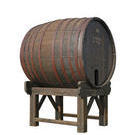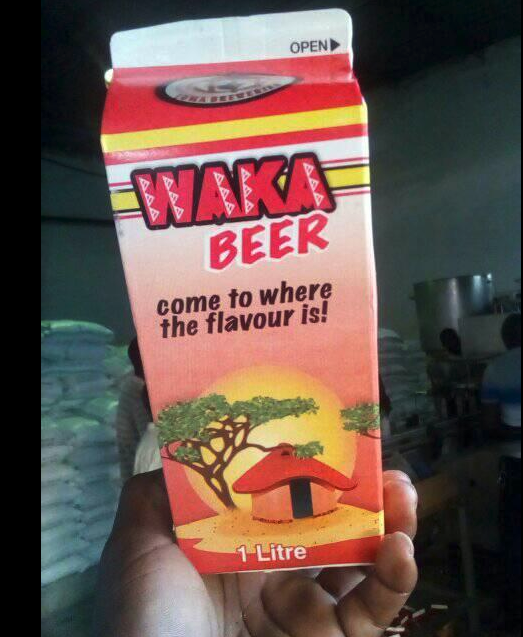3 hours ago, nickrey said:Sources?
See my comments above.
Read a bit more about wine history before you make statements like your second one. Grapes will naturally ferment if left alone and create alcohol because of ambient yeasts on the grapes. Do you really think this wasn't discovered a long long time ago by people finding themselves pleasantly affected by the product?
Sources: The brewing industry. I've been brewing professionally since 1991, and brewing personally longer than that. You need to read up on how to make beer. Wine is crushed grapes and ferment. Brewing has choice of ingredients, blended manufactured ingredients that grapes couldn't come close to, spices such as hops, fruit, and spices, choice of added yeast strains as wort arrives inoculated, and different final forms such as cask ale, unfiltered bottled, canned, or kegged form. There are beers out there that you wouldn't recognize as beer. There are ingredients out there that you wouldn't know as being mash-tun extenders.
Wine is wine. That process is hugely simple compared to beer. The microbiology alone for beer is that diverse and people continue to study its history. I did a mycological study on fermentation science nomenclature. Canadian wine experts hang with me and I inform them about microbiology and how wild strains propagate and how seasonality, weather, and agriculture affects flavours.
Believe me, I've read way more than you have. Way more. There is no such thing as "ambient yeasts". They are wild strains. And I know which ones do what to wine.
And you don't make wine, only to find out what it does to you. You know this before you make it. Beer was the mistake that was made that changed nomads to farmers, due to the localized "magic" that was only available in river valleys. That magic is also wild strains at the Tigris and Euphrates, namely Mesopotamia. Those nomads were using grain for unleavened bread, but tripped over micro when it rained.
But that's not what the complex was referring to. Complexity comes from raw ingredients and processes in manufacturing. The diversity of beers around the world makes wine look very restricted.
As for mead, I can say this: Micro needs a certain concentration of carbohydrates in order to function. Honey can be considered a processed food, by bees. That concentration of carbs is too high to be assimilated. That's why it doesn't go bad. Diluted to a lesser concentration, and wild strains take advantage. I've read nothing about diluted honey solution turning into mead.
I've made mead before, and it's quite interesting. Most of it is flavoured because true mead is pretty much flavourless. Knocks you on your ass though.
Here's a pic of some traditional Zambian white beer. Hilarious stuff. No wine comes close to this kind of divergence.






